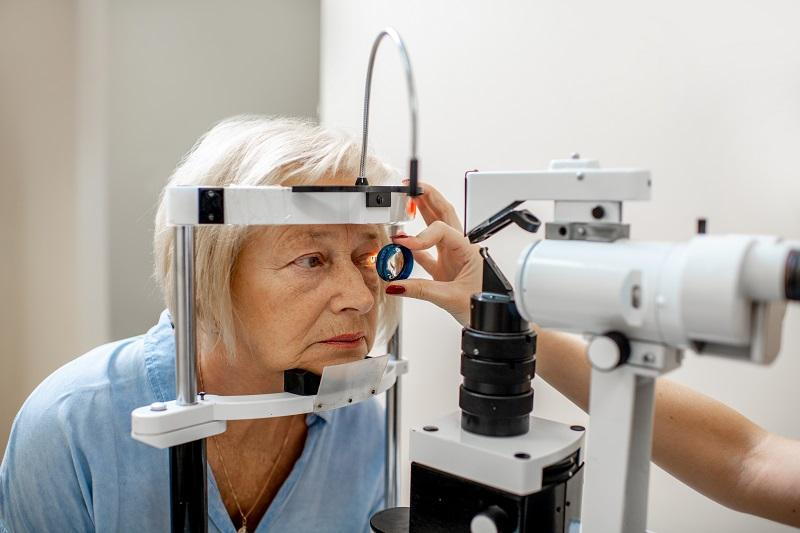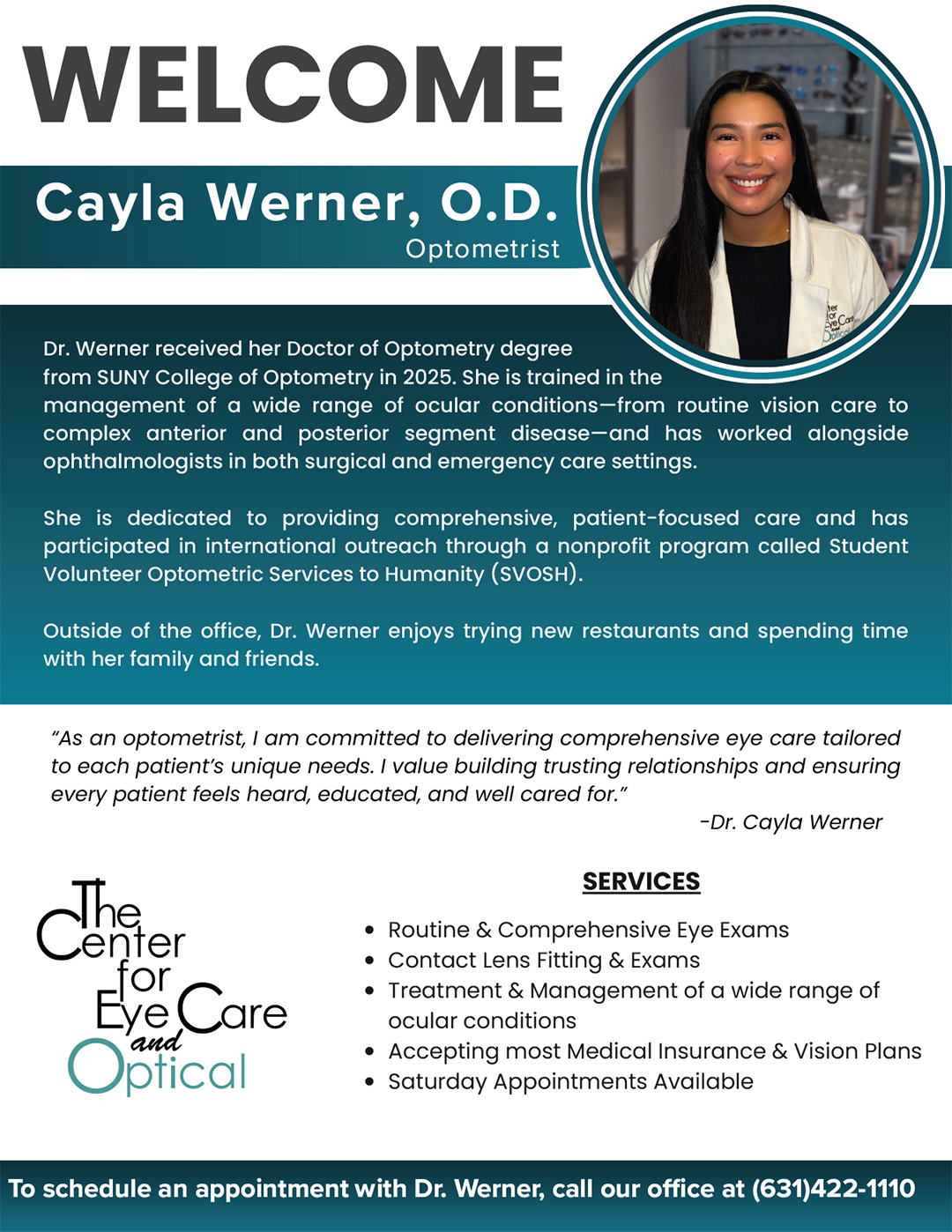
The human eye is one of the most complex structures in the body. Slight changes within the eye can have a lasting effect on vision. Glaucoma is a prime example.
Pressure within the eye is maintained by the continuous flow of fluid through an intricate drainage system. Disturbance or malformation of any of the structures involved in this process can impede the flow of fluid, causing pressure to rise inside the eye, which leads to structural damage. Continued elevation of pressure within the eye can permanently injure the retinal nerve and optic nerve, resulting in glaucoma.
Fortunately, early detection and treatment of glaucoma can slow or even stop progression.
There are many types of glaucoma. The two most common are:
Acute angle-closure glaucoma - a rare medical emergency where a severe blockage results in headache, eye pain, nausea, blurred vision, and halos around lights. An immediate visit to the emergency room or ophthalmologist is essential to avoid blindness. Surgery may be necessary.
Open-angle glaucoma - gradual and far more common, usually affecting those over 50. This type is associated with slow vision loss beginning with patchy blind spots, eventual tunnel vision, and if left untreated, blindness. Regular eye exams are crucial for detecting glaucoma in its early stages before pronounced, irreversible damage occurs.
Risk factors for glaucoma may include your age and family history. Certain medical conditions such as high blood pressure, heart disease and diabetes are also associated with an increased risk for developing glaucoma. In fact, diabetes doubles the risk of developing glaucoma.
Glaucoma may be treated with prescription eye drops. Laser treatment or surgery may also be used to lower the fluid pressure in the eye.
“Glaucoma is often called the sneak thief of sight, because its symptoms may develop and worsen gradually over time,” said Gregory Persak, MD. “To avoid the long-term effects of glaucoma, all adults should have a regular eye exam that includes a glaucoma test. Those at high risk should see an ophthalmologist routinely for glaucoma screening.”
To schedule your exam, please call (631) 825-7725 or visit https://www.cecopt.com.











